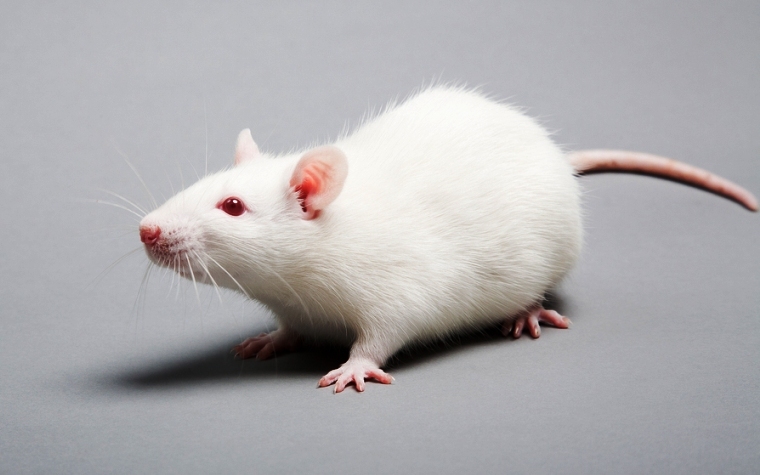
Results of a preliminary study of an antiplatelet drug based on a snake venom protein could pave the way for drugs that have fewer bleeding complications.
A research team from National Taiwan University designed a drug from trowaglerix, a protein found in the Tropidolaemus waglerix snake's venom, according to a news announcement. The drug works by interacting with glycoprotein VI (GPVI), which is on the surface of platelets and slows or prevents blood clot formation.
“In general, this type of molecule design does not last long in the body, so techniques like formulation or delivery system are likely needed to extend the exposure time in the human body,” Jane Tseng, co-author and National Taiwan University Drug Research Center director and professor, said in the announcement. “The design must also be optimized to ensure that the molecule only interacts with GPVI and not other proteins which can cause unintended reactions.”
When the drug was administered to mice, the treated mice's blood clotted slower than the untreated mice's blood. The treated mice did not bleed longer or more severely than the control group. Researchers are working to improve the molecule's design, and further animal testing is needed before it can be tested in humans and approved for use in patients.
The American Heart Association (AHA) journal Arteriosclerosis, Thrombosis and Vascular Biology recently published the results.